The “solutions” they’re pushing are just new ways to make you doubt yourself.
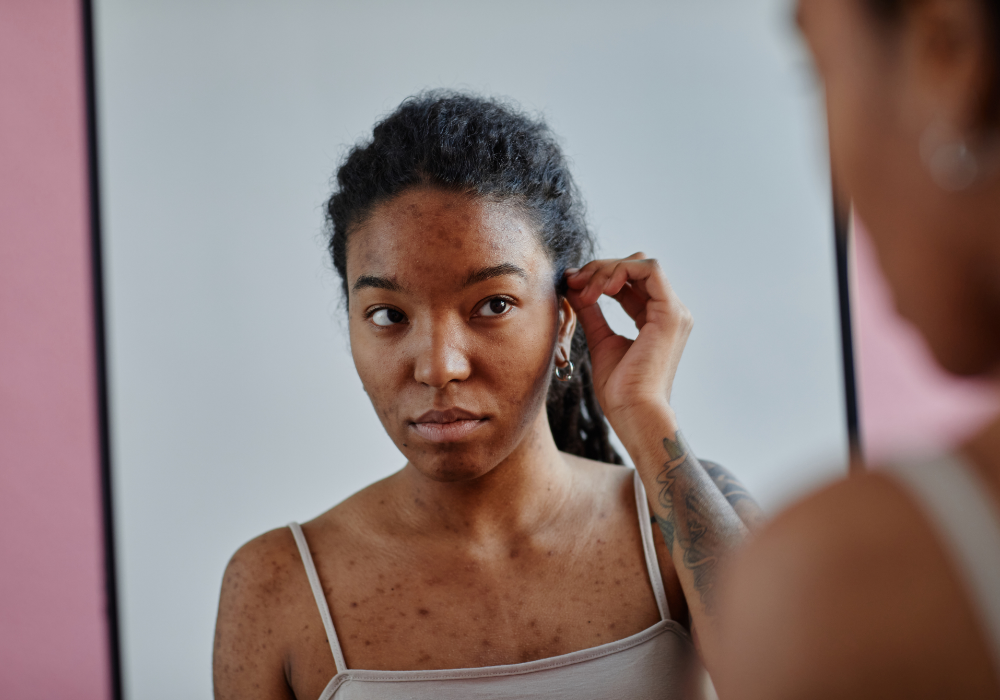
It’s wild how wellness, a word that’s supposed to mean “taking care of yourself,” has turned into another way to feel like you’re never doing enough. Everywhere you look, there’s a new magic solution promising to fix problems you didn’t even know you had. It’s not about feeling good anymore—it’s about chasing perfection you’ll never reach. The truth is, a lot of today’s wellness trends aren’t designed to empower you. They’re designed to keep you buying, stressing, and second-guessing yourself forever.
They poke at your insecurities, whisper that you’re falling behind, and then conveniently sell you a “cure.” But once you see the pattern, you can finally stop playing their game. Not everything that’s labeled “healthy” or “transformative” is actually good for you—or even necessary. Let’s call out the biggest offenders and talk about what’s really going on behind the scenes before you waste another dollar or another ounce of self-confidence.
1. Gut health obsession is making you terrified of eating normal food.

Somewhere along the line, having a “perfect gut microbiome” became the new beauty standard. Now every bite you take feels like a moral decision. Probiotics, fiber powders, stool tests—there’s a whole industry waiting to tell you your insides are a disaster.
But unless you have a medical condition, your gut doesn’t need a $300 cleanse to function. It needs basic nutrition and time. According to Yasmin Tayag for The Atlantic, there’s no clear definition of a healthy gut microbiome, and the composition varies greatly among individuals, making one-size-fits-all solutions ineffective.
The constant fearmongering around bloating, digestion, and “healing your gut” is a clever way to keep you buying endless supplements. Feeling slightly puffy after a meal? Totally normal. Not every cramp is a cry for help. Companies prey on the idea that if you don’t micromanage every aspect of your digestion, you’re ruining your health. In reality, your body is a lot more resilient than they want you to believe.
2. Biohacking makes you feel like you’re falling behind on being superhuman.

Biohacking sounds cool—until you realize it’s basically a productivity contest wearing a lab coat. Ice baths, red light therapy, blood glucose monitors for healthy people—suddenly being healthy isn’t enough. Per Maggie O’Neill for Verywell Health, many biohacking practices, especially those involving experimental technology like CRISPR or blood infusions, lack scientific validation and can pose risks.
The message is clear: you’re broken, and you need constant high-tech upgrades just to keep up. Most of these expensive tricks have little to no real science backing them up for everyday people. But the real win for companies? Keeping you convinced that your “normal” energy, focus, or mood just isn’t good enough. When you’re always chasing some impossible ideal, you’ll never feel like you’ve arrived—and that’s exactly how they want it.
3. Clean beauty guilt-trips you into distrusting every product you own.
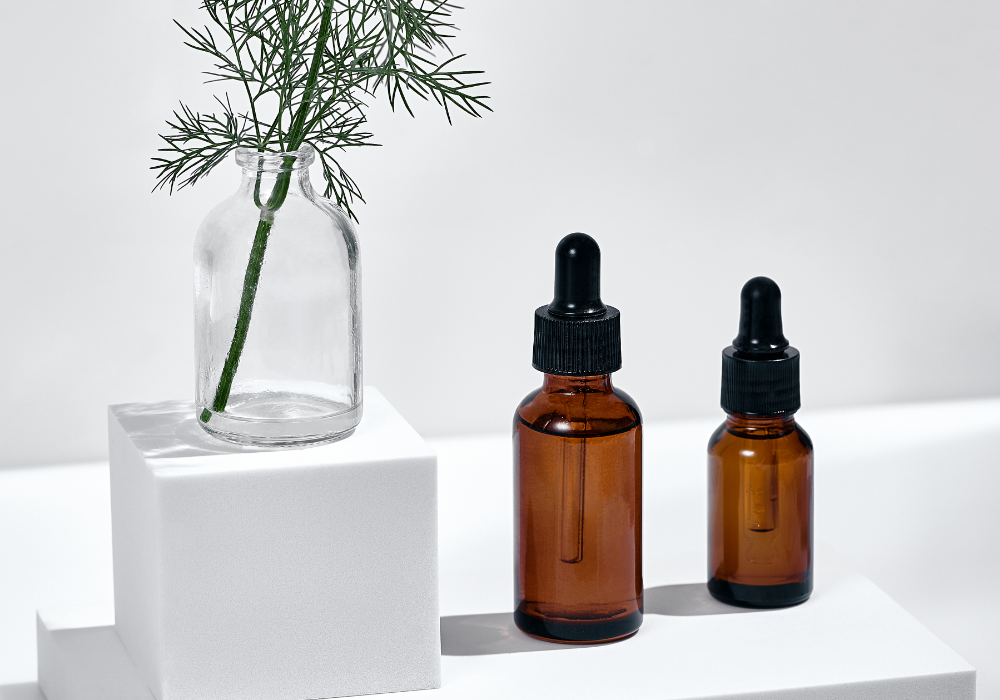
At first, clean beauty sounds harmless. Who wouldn’t want “safe” products, right? But dig a little deeper, and it’s mostly fear marketing dressed up in pretty labels. Lists of “toxic” ingredients are thrown around without context, and suddenly you’re panicking about your moisturizer, your mascara, and whether your shampoo is secretly plotting against you.
The reality is many of the so-called dangerous ingredients are already heavily regulated and safe in the amounts found in products. Cynthia Cobb for Healthline states, the term “clean beauty” lacks a standardized definition and is not regulated by any government body, allowing brands to create their own criteria for what qualifies as “clean.” Fear sells faster than facts. If they can convince you that everything you already use is dangerous, they can sell you “clean” replacements at twice the price—and you’ll thank them for it.
4. Extreme detoxes convince you your body is constantly filthy.
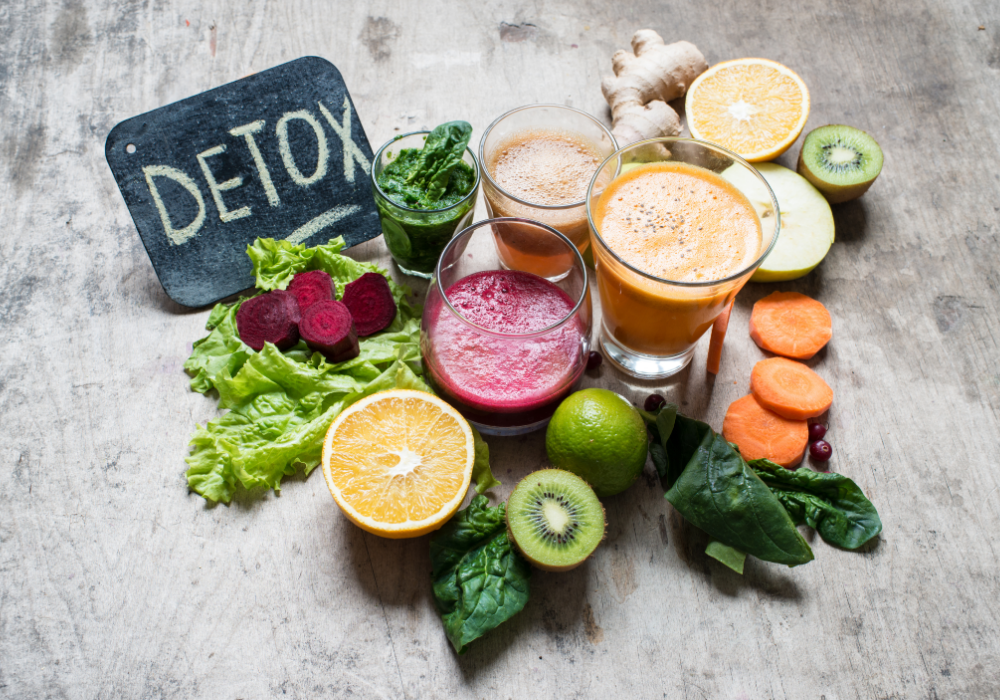
Juice cleanses, tea toxes, charcoal supplements—there’s an endless lineup of products promising to “flush out toxins” and “reset your system.” The underlying message? Your body is dirty, sluggish, and failing you unless you constantly intervene. It’s hard not to feel gross just living your life when wellness culture keeps hinting that you’re one missed green juice away from disaster.
But your body already has a detox system. Your liver, kidneys, lungs, and skin do the job just fine without the help of a three-day starvation plan. Most “detoxes” just dehydrate you or create temporary weight loss that rebounds fast. The dirtier they make you feel, the more desperate you’ll be to buy the next miracle cleanse. It’s a fear-based cycle that profits off making you distrust your own body.
5. Weight loss rebrands itself as “wellness” to hide the same old shame.
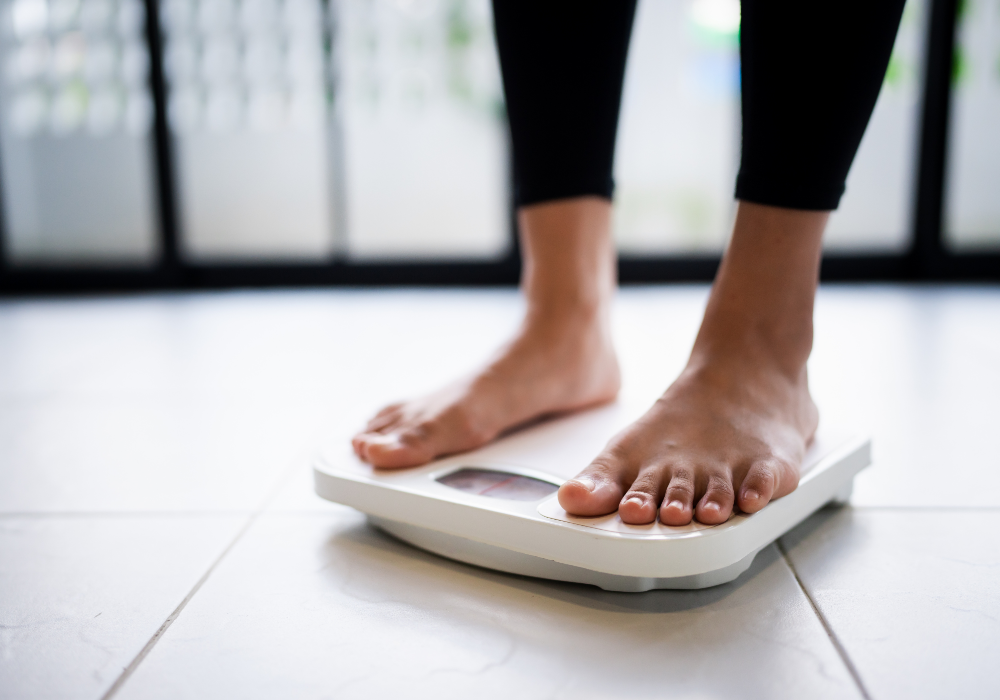
Diet culture didn’t go anywhere—it just slapped on a wellness sticker and changed its wording. Calorie counting became “tracking macros.” Restrictive diets became “lifestyle resets.” The goal is still the same: make you feel like your current body isn’t good enough and sell you the tools to “fix” it.
Instead of chasing a bikini body, you’re now supposed to chase “optimal health markers” or a “toned, lean physique.” Same pressure, new packaging. The wellness industry thrives when you believe you are a lifelong project, always in need of upgrading. True wellness should feel freeing, not like a never-ending self-improvement checklist designed to wear you down.
6. Personalized supplements make you feel like your body is failing without them.
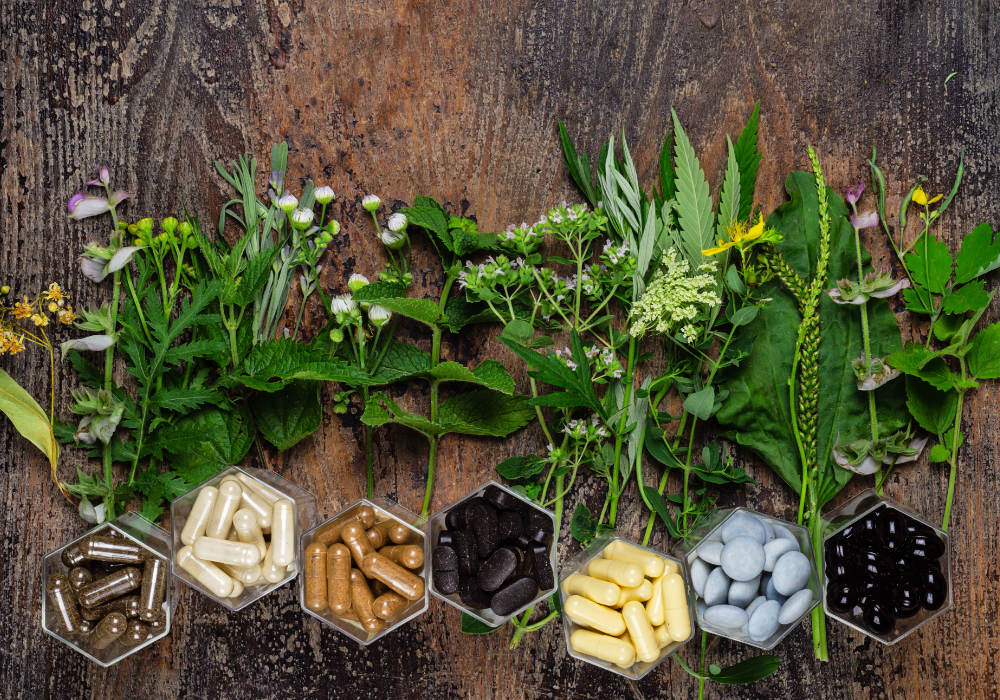
There’s a booming trend where companies offer personalized vitamins and supplements based on a quiz, a selfie, or even your Instagram habits. Sounds high-tech and magical, right? But most of these custom supplement packs are just marketing with a pretty bow. They convince you that without their exact blend, you’re missing critical nutrients and falling apart from the inside out.
The truth is, unless a doctor has identified a real deficiency, your body is probably doing just fine without a $75-a-month subscription box. A balanced diet usually covers what you need. But fear sells better than patience, so brands keep nudging you to think your body is a complicated puzzle only they can solve. It’s not about empowering you to trust your health—it’s about keeping you dependent and worried that you’re always one capsule away from disaster.
7. Fancy water trends are making you second-guess the most basic human need.
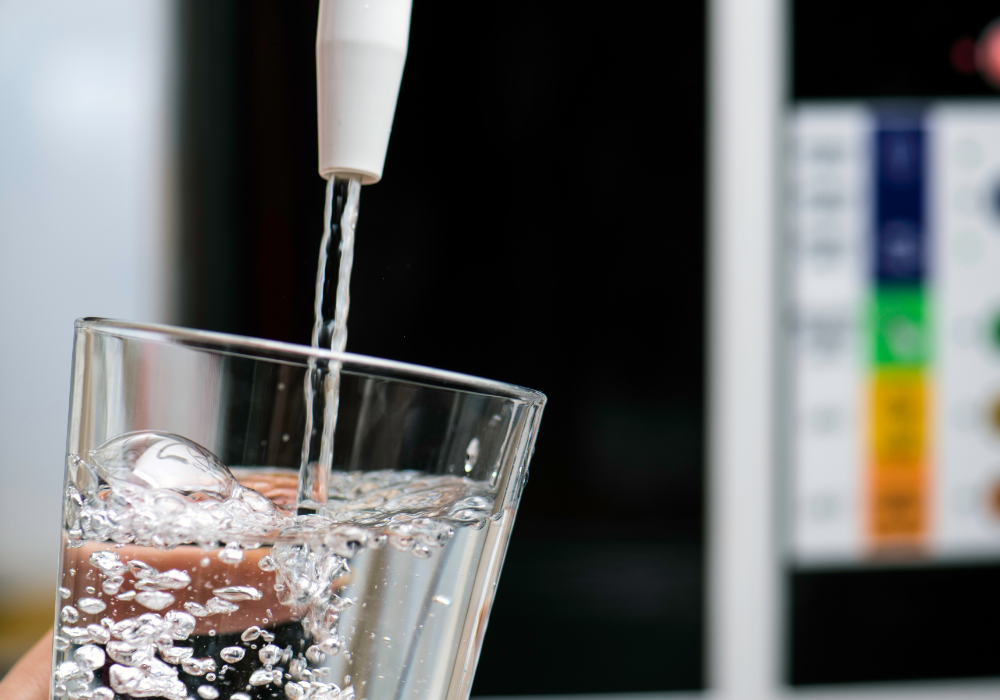
Suddenly, plain old tap water isn’t enough. Now you need alkaline water, hydrogen-infused water, structured water, or water filtered through crystals blessed by moonlight. Each trend whispers that your boring hydration habits are quietly poisoning you, and that only their magical water can save your cells from certain doom.
In reality, unless your tap water is genuinely unsafe, regular water is exactly what your body needs. No mystical pH level or charged molecule is going to radically change your health. These trends turn staying hydrated into a status symbol, convincing you that wellness is a luxury only the best water can provide. Spoiler: you’re not dehydrated because you didn’t pay $9 for a bottle of charged H2O—you just need to drink more plain water and ignore the noise.
8. Wellness retreats sell you transformation—then send you home the same.
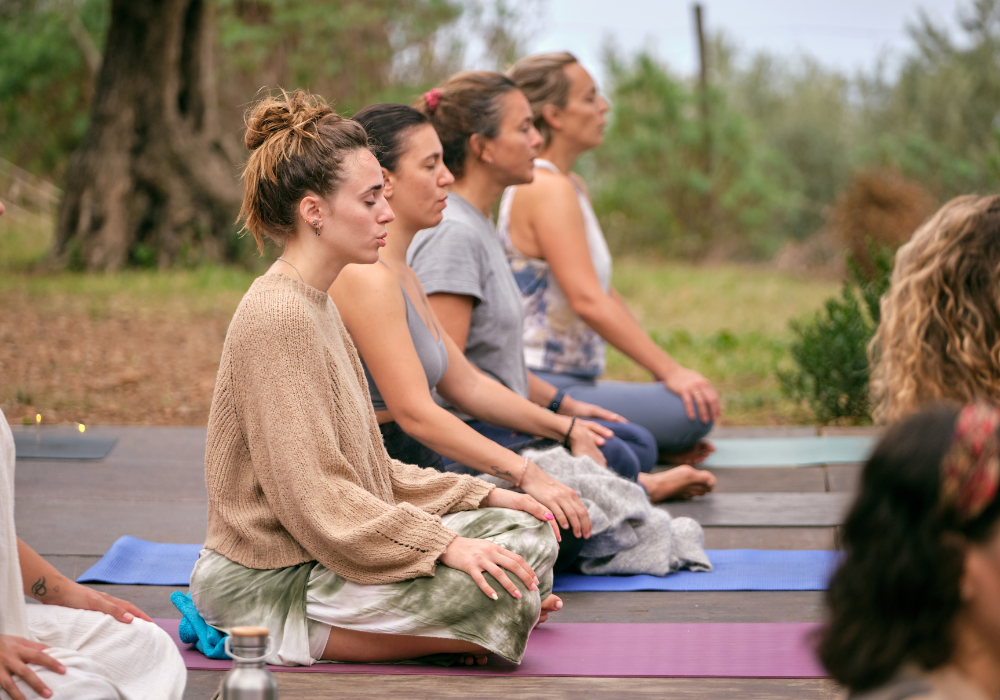
The promise of a weeklong retreat where you’ll heal your soul, reset your life, and finally love yourself sounds amazing. But in reality, many of these retreats offer little more than expensive scenery, strict meal plans, and temporary highs. The real magic they sell is the feeling that if you just spend enough money, you can finally fix everything that’s wrong inside.
Once the glow wears off and you’re back to real life, the same stress, insecurities, and struggles show up at your door. And guess what? You’re now perfectly primed to sign up for another retreat. True healing and growth are slow, messy, and personal—not something you can fast-track with a $5,000 all-inclusive getaway. But the wellness industry makes a fortune pretending it can happen in a weekend if you just try hard (and pay hard) enough.
9. Fitness tech turns movement into a full-blown surveillance operation.
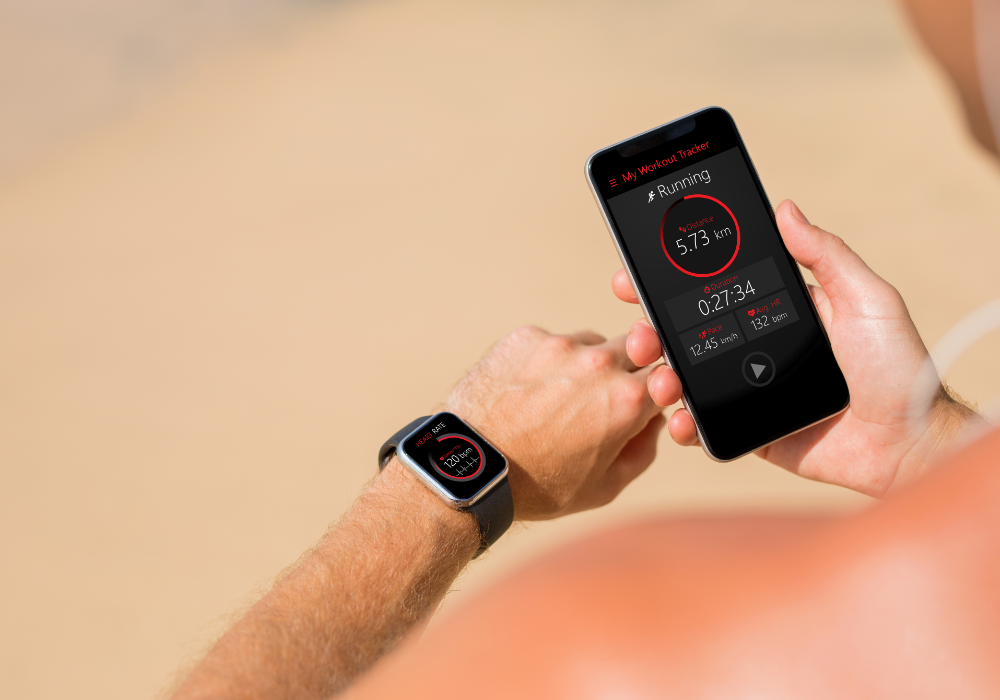
It’s great to move your body. It’s great to celebrate what it can do. But somewhere along the way, wearable tech turned exercise into a game you’re never really winning. Step counts, calories burned, heart rate zones, sleep scores—suddenly every part of your life is graded and ranked. Instead of feeling proud, you’re left wondering if you should have done more, faster, better.
These devices thrive on making you feel like your normal habits aren’t good enough. If you walked but didn’t hit your 10,000 steps, you failed. If you slept but didn’t get a perfect sleep score, you failed. It’s not about empowering you—it’s about making you reliant on data points to tell you if you’re allowed to feel good about yourself. Sometimes the healthiest thing you can do is move without tracking a single thing.
10. Mindfulness apps sell peace, but keep you chasing perfection.
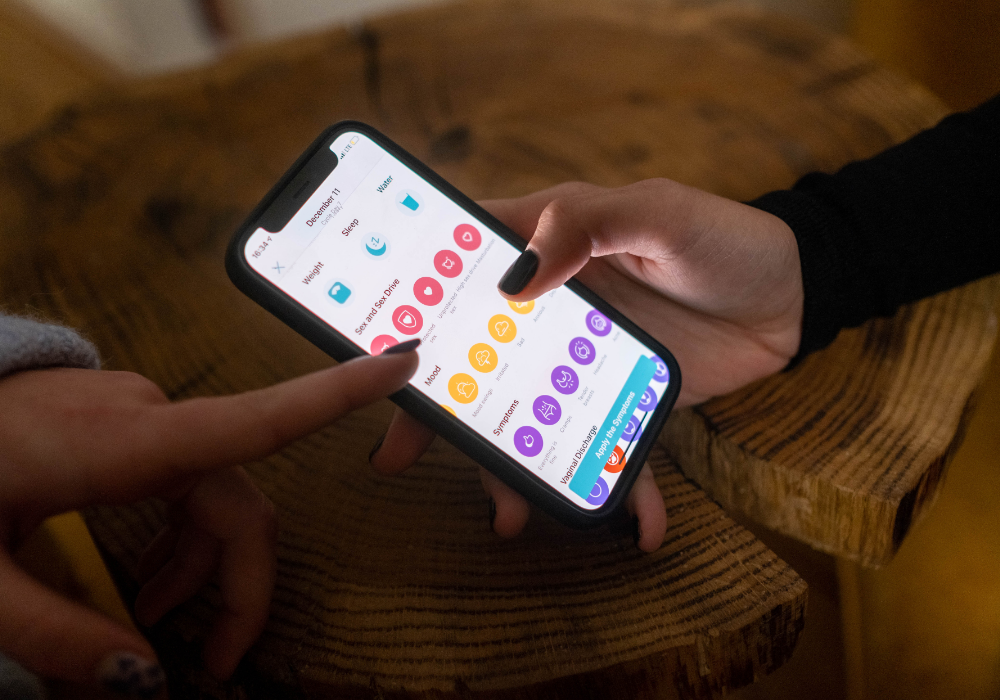
Mindfulness is supposed to be about being present, accepting yourself, and letting go of judgment. But many mindfulness apps quietly twist that into yet another goal you’re failing to reach. Did you meditate enough today? Was your breathing deep enough? Did you journal your gratitude list before sunrise? Suddenly your peaceful practice has a to-do list longer than your actual job.
The more they make you feel like mindfulness is something you can quantify and win at, the more you’ll feel like you’re falling short—and the more likely you’ll keep using (and paying for) the app. Real mindfulness isn’t about chasing a perfect streak or hitting a meditation milestone. It’s about learning to sit with yourself as you are, not gamifying your existence until even your downtime feels like a competition.
